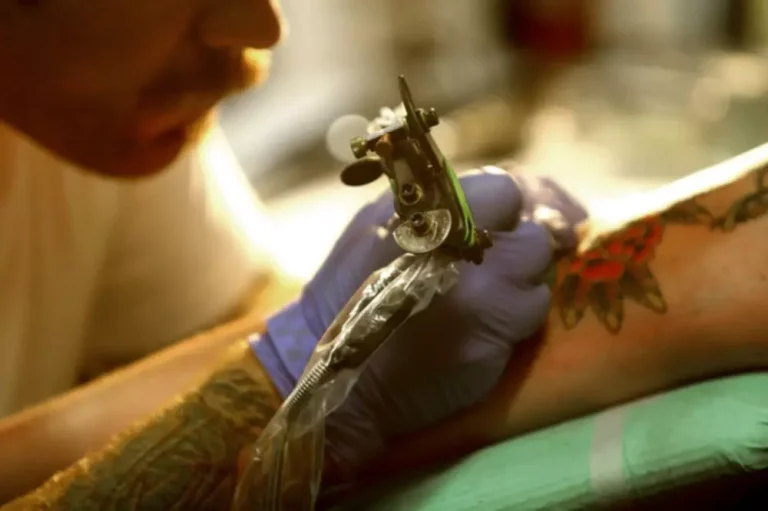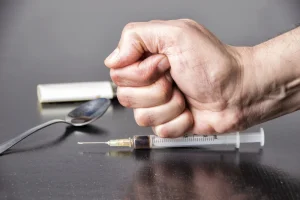
Some people have a genetic variation of the serotonin 2B receptor gene HTR2B. It’s increasingly common for someone to be diagnosed with a condition such as ADHD or autism as an adult. A diagnosis often brings relief, but it can also come with as many questions as answers. Plus, we’re always introducing new features to optimize your in-app experience. We recently launched our in-app chatbot, Melody, powered by the world’s most powerful AI technology.
Contact Support
- By seeking recovery for problems with alcohol and anger, you can work toward a more positive life.
- People who tend to ignore the future consequences of their behavior, or score low on the Consideration of Future Consequences (CFC) scale, have been found to display more aggression.
- As well as being linked to aggression (and making it more likely you could be on the receiving end), binge drinking harms your physical and mental health.
- You’ll meet millions of fellow Reframers in our 24/7 Forum chat and daily Zoom check-in meetings.
If you or a loved one is struggling with alcoholism, contact FHE Health today and get on the road to recovery. The existence of an angry “crazy drunk person” is often featured in TV shows and movies because of the rising drama and action they bring to an entertaining storyline. Reframe supports you in reducing alcohol consumption and enhancing your well-being.
Links between Anger, Aggression, and Alcohol Addiction

Aside from existing anger issues, people can turn into aggressors when drinking for several reasons. Because alcohol is a psychoactive drug, it temporarily alters your mood, perception and feelings. Intoxicated people may feel more outgoing, lonely, joyful — or angry. For example, if you start drinking when you’re lonely and alcoholic rage syndrome sad, you may find the alcohol makes you feel even more desolate and distressed than you did when you were sober. Your healthcare provider may recommend blood tests to check blood sugar and thiamine levels. Healthcare providers often check for signs of alcohol use disorder with a blood alcohol test and liver function test.

Alcohol and aggression
I have listed 6 characteristics and/or dispositions of the “dry drunk” that can hit the recovering alcoholic hard in the honest light of sobriety in addition to putting added strain and pressure on the relationship. Ask your partner out for regular date nights, get more involved with any kids in your life, find fun activities to do with friends that don’t involve drinking. Now that you’re no longer drinking, you have a chance to embrace your sober life and redefine your passions. Now is the time to pursue those things you’ve always wanted to learn. Instead, the following symptoms can develop slowly over time, especially during the first year of recovery. In a 2017 report, researchers shared their findings of the relationship between alcohol and dating violence.

Seek Anger Management Support Groups
While there isn’t a cure, healthcare providers can recommend treatments to manage your symptoms. Intermittent explosive disorder involves repeated, sudden bouts of impulsive, aggressive, violent behavior or angry verbal outbursts. Road rage, domestic abuse, throwing or breaking objects, or other temper tantrums may be symptoms of intermittent explosive disorder. Specifically, it found that problematic drinkers may be more likely to attend to aggressogenic stimuli while intoxicated, and that is, they were more likely to experience certain cues as aggressive.
- Most alcohol-related cases of WKS involve men and those over age 40.
- When these symptoms become long term, they cause lasting brain and nerve cell damage.
- On the flip side, alcohol dependence commonly leads to significant withdrawal symptoms that are often side effects of alcohol addiction.
How can I reduce my risk of developing Wernicke-Korsakoff syndrome?
People with this disorder may need support with motor skills, physical health, learning, memory, attention, communication, emotional regulation and social skills to reach their full potential. While there is no cure for FASDs, early intervention and comprehensive treatment planning can significantly improve the quality of life for those impacted by symptoms of FASDs. Treatment typically involves a combination of medical care, behavioral therapy, educational support, and family assistance. The chance of developing any health problem is related to the genetic code we are born with.
If you notice a connection between drinking heavily and your feelings of anger it is well worth trying this proactive approach. Moderating your drinking or abstaining altogether (especially https://ecosoberhouse.com/ when you are experiencing strong emotions) can help you view situations from a more clear and rational perspective. A qualified counselor or coach can help you identify underlying issues.
- With IED, a person’s level of aggression is significantly out of proportion to the situation and is impulsive and anger-based.
- Advanced stages of the disease include neurological symptoms such as severe confusion and disorientation.
- These explosive outbursts, which occur off and on, cause major distress.

